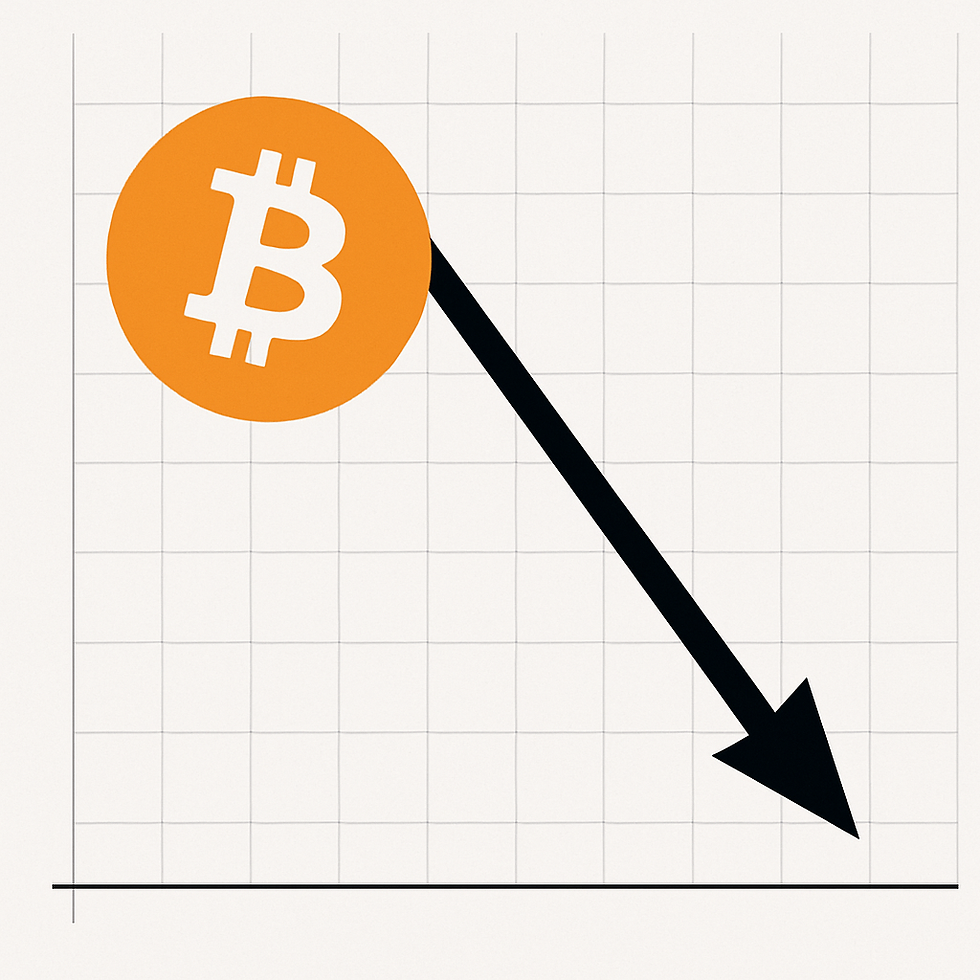Circumcision
- WireNews

- Dec 2, 2022
- 5 min read
by Rabbi Jeremy Rosen

The month of Kislev that we have just entered is when we celebrate Chanukah and the rebellion against Greek overlords more than 2,000 years ago. One of the crucial issues then was the rite of circumcision. Alexander the Great, like the Persian Empire of Cyrus the Great, tolerated all religions, their rites, and customs, so long as their people accepted the political authority of their rulers. It was also an assertion of Judean identity.
But tolerance ebbed under some of Alexander’s successors. Particularly when the Syrian Greeks, and the Seleucids, after constant battles with the Ptolemies of Egypt, came to rule over Judea. Antiochus the 4th, the villain of Chanukah, was the first Greek to try forcing Jews to abandon their laws and customs. The Maccabee revolt removed coercion, but it took a while before Judea regained its independence.
Then as now, acculturation made huge inroads into Judean life. Judea was divided into two loose communities. The priesthood was aristocratic and rich and very pro-Greek. While the rabbinic community was in general poorer and more nationalist. The relationship between the two camps fluctuated. Tensions rose and fell. The High Priest was the official leader of Judea. They had Greek names, Onias, Alcimus, and Menelaus and they brought the theater, the circus, and the games to Jerusalem.
Since men competed naked, assimilated Jews felt embarrassed by being circumcised and tried different ways of disguising it. The Talmud ( Sanhedrin 38b) says they would pull the shaft’s skin forward to re-create a sort of foreskin. Cannot have been a pleasant experience.
But most Jews maintained the law of the Bible that mentions it as an obligation on all children of Abraham. Today any male born into a Jewish family or converting to Judaism needs to be circumcised. Although often all that is needed in adults can be a symbolic “ drop of blood.”
I admit that I am extremely squeamish and cannot bear the sight of blood even on the screen.
I always stand at the back and in the case of my two sons or grandsons avert my eyes and keep them firmly shut. And yet not for a moment has it ever occurred to me not to follow this ancient tradition.
But Europe, true to its anti-Semitic heritage, once tried to ban circumcision. A German court actually did in 2012. But it did not catch on! The objections I hear are either ludicrous (I have never heard that Jewish men miss out on sexual pleasure) or ring of hypocrisy. Given the far more serious defiling of human bodies and the far greater and long-lasting physical and mental pain often inflicted by many parents and society on children even today. Yes, the child will cry for a few seconds, but no more than they do anyway much of the time. And they heal very quickly. No one forces parents. And while I respect the right of a parent to demur, I can see no moral justification for refusing to allow others. Unlike female circumcision where an organ is removed or permanently damaged in a way that prevents pleasure, the same cannot be said about circumcision. Not only, but there are positive health benefits to circumcision. And although it is a requirement of Jewish law, it is laid aside in the event of any danger or illness such as hemophilia.
Much of the information I present here comes from one of my favorite Jewish websites www.talmudology.com whose author is a qualified doctor www.talmudology.com Nedarim 31b ~ Great is Milah).
Medical circumcision is widely practiced in the US where rate of male newborn circumcision is about 55%, down from a high of about 62% in 1999, although precise numbers are hard to come by. In Europe, the rate varies greatly by country. In Britain, about 16% of male babies are circumcised, and until recently aristocratic European families circumcised and the royal family of the UK still does. In Denmark, the figure is less than 2%. But worldwide, about one-third of all male boys are circumcised by the age of fifteen. This last figure reflects the Muslim world’s commitment to circumcision, though for them it is usually at thirteen.
In 2012, the Task Force on Circumcision of the American Academy of Pediatrics reviewed the scientific literature about the health benefits of male circumcision. The Task Force concluded that “the preventive health benefits of elective circumcision of male newborns outweigh the risks of the procedure.” However, these health benefits were not enough for them to recommend circumcision as a routine procedure for all male newborns – and this position is also held by Britain’s National Health Service.
Now, I do not believe in keeping Jewish laws because they might have psychological or physiological benefits. That might be a plus, a bonus. But adhering to rituals for their physical benefits is not nearly as persuasive as keeping them for positive spiritual values and an acceptance of tradition and culture. Nevertheless, there are health benefits to male circumcision.
In 2005 the first study on the role of circumcision in protecting against HIV infection was published. The study was run in South Africa, where over 3,200 men were randomized to circumcision or no circumcision. The study showed that HIV infection was 60% lower in the circumcision group. Male circumcision prevented six out of ten potential HIV infections. The study commented that male circumcision provided an equivalent degree of protection against acquiring HIV infection “to what a vaccine of high efficacy would have achieved.”
Male circumcision decreases the transmission rates for human papillomavirus (HPV) and herpes simplex virus 2 (HSV-2) in female partners, and the balance of evidence suggests that it is also protective against syphilis. “With an estimated cost per infection averted in the range of $150 to $900 over 10 years (depending on the local incidence of HIV infection), male circumcision appears to be one of the most cost-effective preventive approaches, requiring only a one-time intervention.
— Piot and Quinn. Response to the AIDS Pandemic – A Global Health Model. New England Journal of Medicine 2013. 368;23. 2210-2218
Male circumcision also protects against urinary tract infections and other inflammatory problems of the penis are either absent or much reduced in circumcised boys. Male circumcision reduces the risk of penile cancer by about 50%, and it seems that it also reduces the odds of cervical cancer in the man’s partner (especially if he has had six or more lifetime sexual partners.)
As for the risks, a recent study reviewed 1.4 million male circumcisions and found only 16 cases in which an adverse event occurred, although ten of these were serious. Overall, the procedure is very safe when properly performed in the first year of life, but complications arise twenty-fold if the procedure is performed after infancy. An objective scientific source is this https://www.patheos.com/blogs/scienceonreligion/2012/06/circumcision-in-religion-a-scientific-perspective.
One wonders why circumcision, and other painful and irrevocable rites of passage, should be so common across cultures. One possible answer is that religious, ethnic, and tribal groups that demand more from their members, do better in the long run than those that demand less.
Removing restrictions has never been shown to strengthen Jewish identity. Whereas loyalty to tradition even if it may not make sense, does. And in practice, most of us live in a free world where we can make our own choices.
###
Jeremy Rosen was born in Manchester, England, the eldest son of Rabbi Kopul Rosen and Bella Rosen. Rosen's thinking was strongly influenced by his father, who rejected fundamentalist and obscurantist approaches in favour of being open to the best the secular world has to offer while remaining committed to religious life. He was first educated at Carmel College, the school his father had founded based on this philosophical orientation. At his father's direction, Rosen also studied at Be'er Yaakov Yeshiva in Israel (1957–1958 and 1960). He then went on to Merkaz Harav Kook (1961), and Mir Yeshiva (1965–1968) in Jerusalem, where he received semicha from Rabbi Chaim Leib Shmuelevitz in addition to Rabbi Dovid Povarsky of Ponevezh and Rabbi Moshe Shmuel Shapiro of Yeshivat Be'er Ya'akov. In between Rosen attended Cambridge University (1962–1965), graduating with a degree in Moral Sciences.








